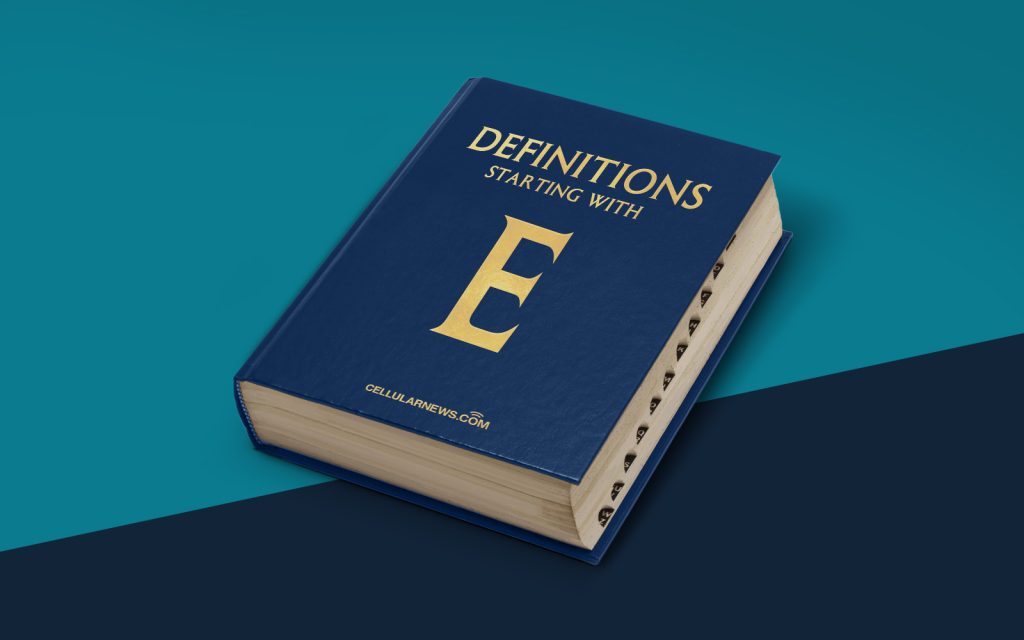
Exploring the Definition of an End-User License Agreement (EULA)
Have you ever found yourself mindlessly clicking the “Agree” button when installing new software or using a new app? If so, you may have encountered an End-User License Agreement, commonly known as a EULA. In this blog post, we will delve into the definition of a EULA, what it entails, and why it is important for both software developers and end-users to understand.
Key Takeaways:
- An End-User License Agreement (EULA) is a legal contract between the software developer and the end-user.
- A EULA outlines the terms and conditions under which the end-user can utilize the software or application.
Understanding the Basics of EULAs
So, what exactly is an End-User License Agreement? In simple terms, a EULA is a legally binding contract between the software developer or vendor and the end-user. It lays out the terms and conditions with which the end-user must comply to use the software or application. EULAs are commonly encountered when installing software, mobile apps, online services, or even when purchasing digital products.
Here are a few key points to understand about EULAs:
- The Agreement: A EULA serves as an agreement between the software developer and the end-user. By clicking “Agree” or installing the software, the end-user is essentially entering into a contract.
- License to Use: EULAs grant the end-user a license to use the software or application, usually under certain restrictions and conditions.
- Usage Restrictions: EULAs often outline how the software can and cannot be used, including limitations on copying, modifying, or redistributing the software.
- Intellectual Property: EULAs typically state that the software developer retains the intellectual property rights to their software, and the end-user does not have the right to claim ownership.
- Liability and Warranties: EULAs often include disclaimers of liability and warranties, limiting the software developer’s responsibility for any damages or issues that may arise from using the software.
Why EULAs Matter
EULAs play a crucial role in protecting the rights and interests of both software developers and end-users. Here’s why they matter:
- Clear Expectations: EULAs help set clear expectations between the software developer and the end-user, ensuring both parties understand their rights and obligations.
- Legal Protection: EULAs protect software developers by outlining the permitted uses of their software and limiting their liability in case of misuse.
- User Responsibility: EULAs also place responsibility on the end-user, outlining the actions and practices that are prohibited when using the software.
- Settlement of Disputes: In case of any legal disputes, EULAs provide a legal framework that both parties agreed to, making it easier to resolve conflicts.
So the next time you come across a software installation or a new app that requires you to accept the terms, take a moment to read through the EULA. Understanding the terms and conditions can help you make informed decisions and shed light on the rights and responsibilities you have as an end-user.
Remember, a EULA is not just a long legal document filled with jargon; it is a crucial agreement that governs the software’s usage and sets the expectations for all parties involved.
